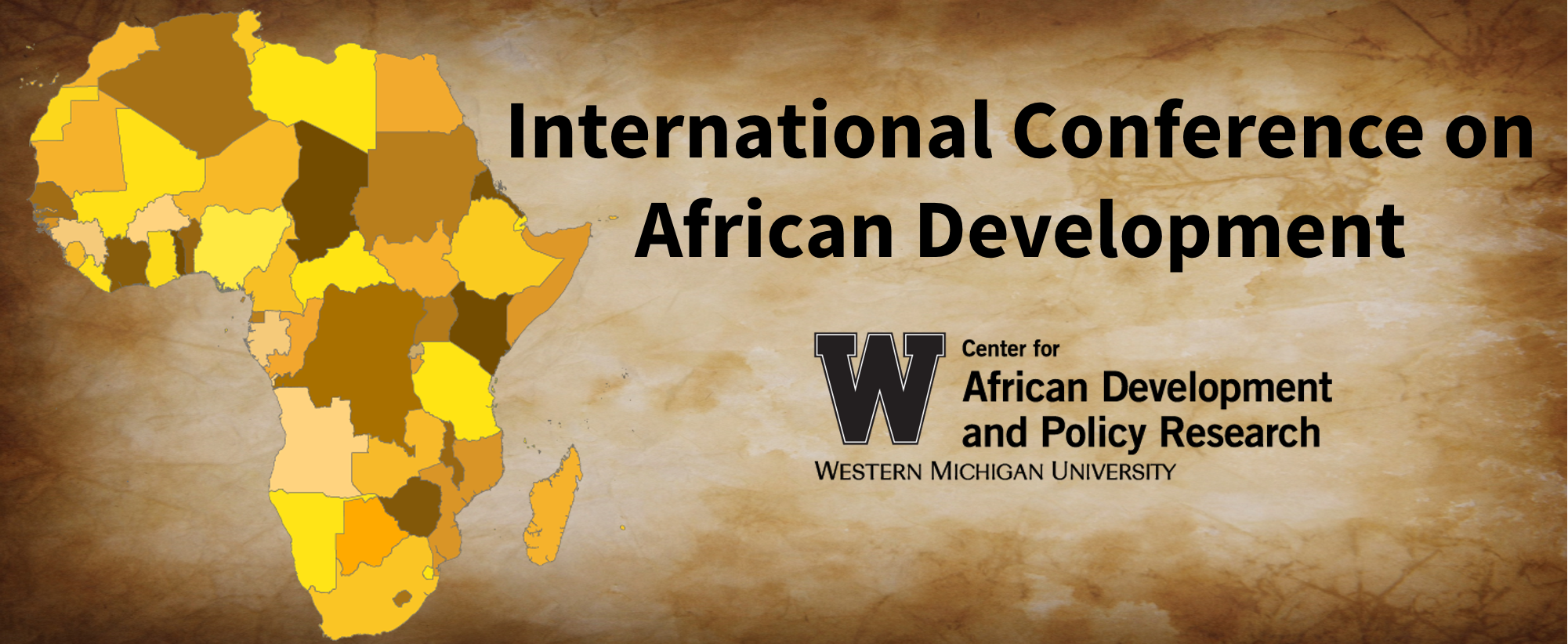Presenter's country
Canada
Start Date
18-8-2018 1:00 PM
End Date
18-8-2018 2:00 PM
Location
Bernhard Center 105-107
Submission type
Paper
Abstract
Ethiopia and its people are kind and hospitable to all humanity irrespective of race, tribe, ethnicity, religion or creed. It has been, and still is, a refuge to hundreds of thousands of people who seek shelter and safety. The world knows Ethiopians as people who love their country and who do not hesitate to defend it by giving their dear lives, as was the case during the fascist Italian invasions of 1895 and 1936 where thousands of Ethiopians died fighting to preserve Ethiopia’s identity as the only country in Africa that has never been ruled by a European colonial power.
However, Ethiopia also waged a protracted civil war from 1974 to 1991 which cost it billions of dollars and millions of lives. Making matters worse, during this civil war, Ethiopia also experienced drought and famine. The famine that struck Ethiopia was broadcast to American and European citizens and, as a result, most people from these countries identified and continued to identify Ethiopia as the county that struggles with poverty. However, Ethiopia is a diverse country blessed with many regions with evergreen vegetation beside the regions that lack precipitation. Therefore, regions that lack enough rain water can participate in other forms of livelihood other than farming, such as trading and moving items to places that are not available in other regions. As well, due to the fact that Ethiopia is blessed with the Nile River and the almost completed Renaissance Dam, it has the potential to alleviate the country’s lack of energy needs and to provide resources to regions that are not blessed with precipitation and fertile soil by exporting electricity to neighboring countries and distributing the resources equitably throughout the region. In this way, the country maintains its uniqueness and makes sure that its people live in harmony without conflict by celebrating their oneness in their diversity in the way they portrayed in times of need. Therefore, the ethnic identity politics the current government of Ethiopia has implemented for the sake of ruling its people should be done away with as it may lead to division and conflict.
Keywords
conflict, food and water security, Ethiopia
Included in
8.2 Conflict, Food and Water Security in Ethiopia
Bernhard Center 105-107
Ethiopia and its people are kind and hospitable to all humanity irrespective of race, tribe, ethnicity, religion or creed. It has been, and still is, a refuge to hundreds of thousands of people who seek shelter and safety. The world knows Ethiopians as people who love their country and who do not hesitate to defend it by giving their dear lives, as was the case during the fascist Italian invasions of 1895 and 1936 where thousands of Ethiopians died fighting to preserve Ethiopia’s identity as the only country in Africa that has never been ruled by a European colonial power.
However, Ethiopia also waged a protracted civil war from 1974 to 1991 which cost it billions of dollars and millions of lives. Making matters worse, during this civil war, Ethiopia also experienced drought and famine. The famine that struck Ethiopia was broadcast to American and European citizens and, as a result, most people from these countries identified and continued to identify Ethiopia as the county that struggles with poverty. However, Ethiopia is a diverse country blessed with many regions with evergreen vegetation beside the regions that lack precipitation. Therefore, regions that lack enough rain water can participate in other forms of livelihood other than farming, such as trading and moving items to places that are not available in other regions. As well, due to the fact that Ethiopia is blessed with the Nile River and the almost completed Renaissance Dam, it has the potential to alleviate the country’s lack of energy needs and to provide resources to regions that are not blessed with precipitation and fertile soil by exporting electricity to neighboring countries and distributing the resources equitably throughout the region. In this way, the country maintains its uniqueness and makes sure that its people live in harmony without conflict by celebrating their oneness in their diversity in the way they portrayed in times of need. Therefore, the ethnic identity politics the current government of Ethiopia has implemented for the sake of ruling its people should be done away with as it may lead to division and conflict.



Comments